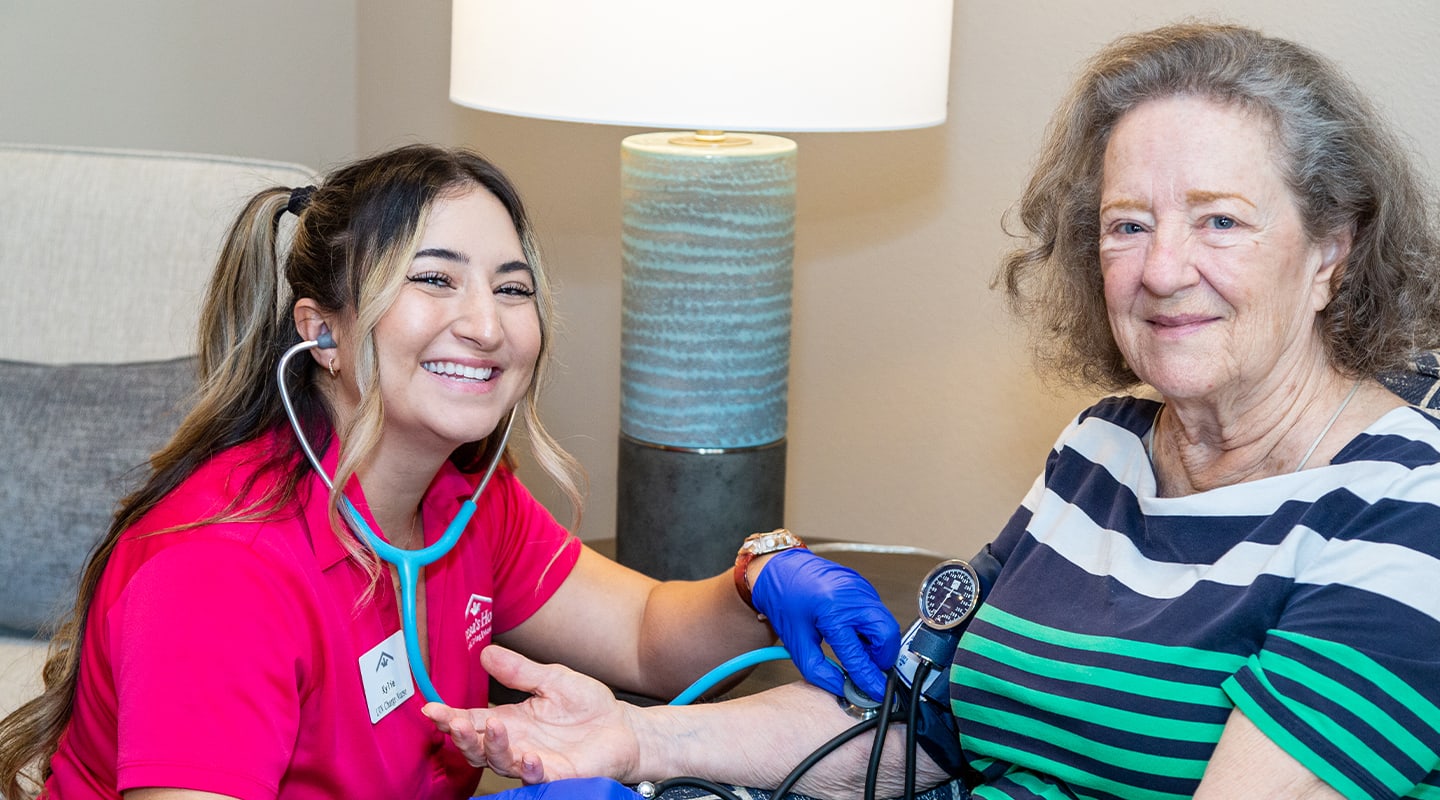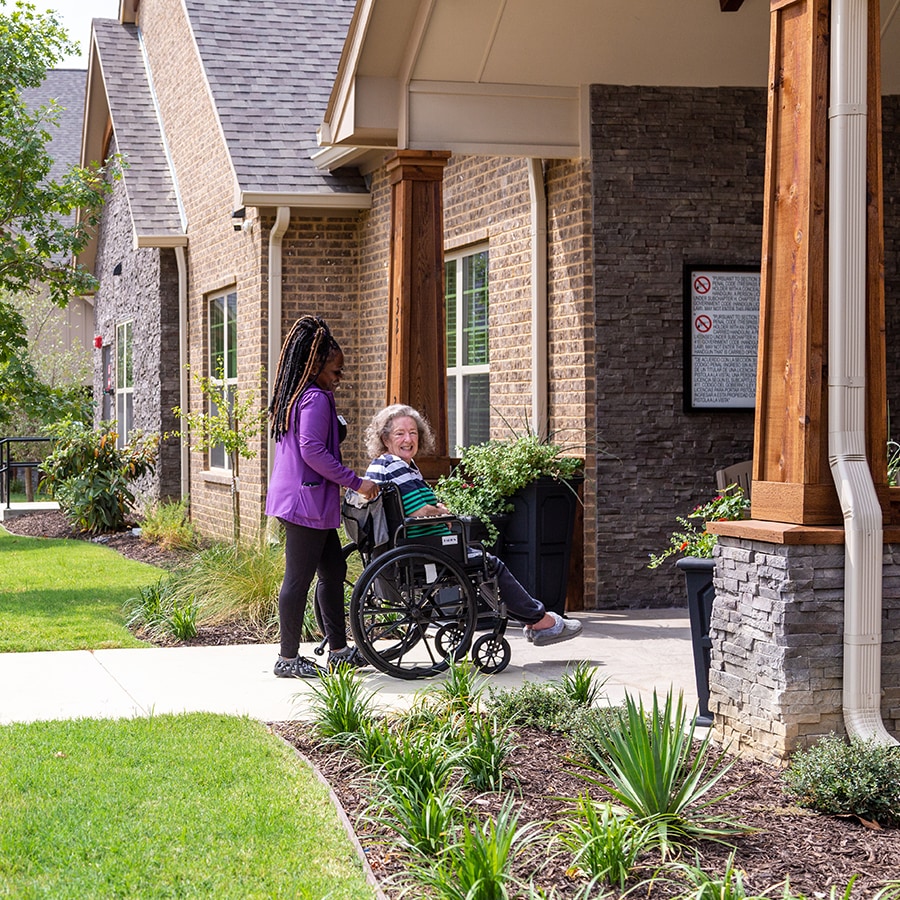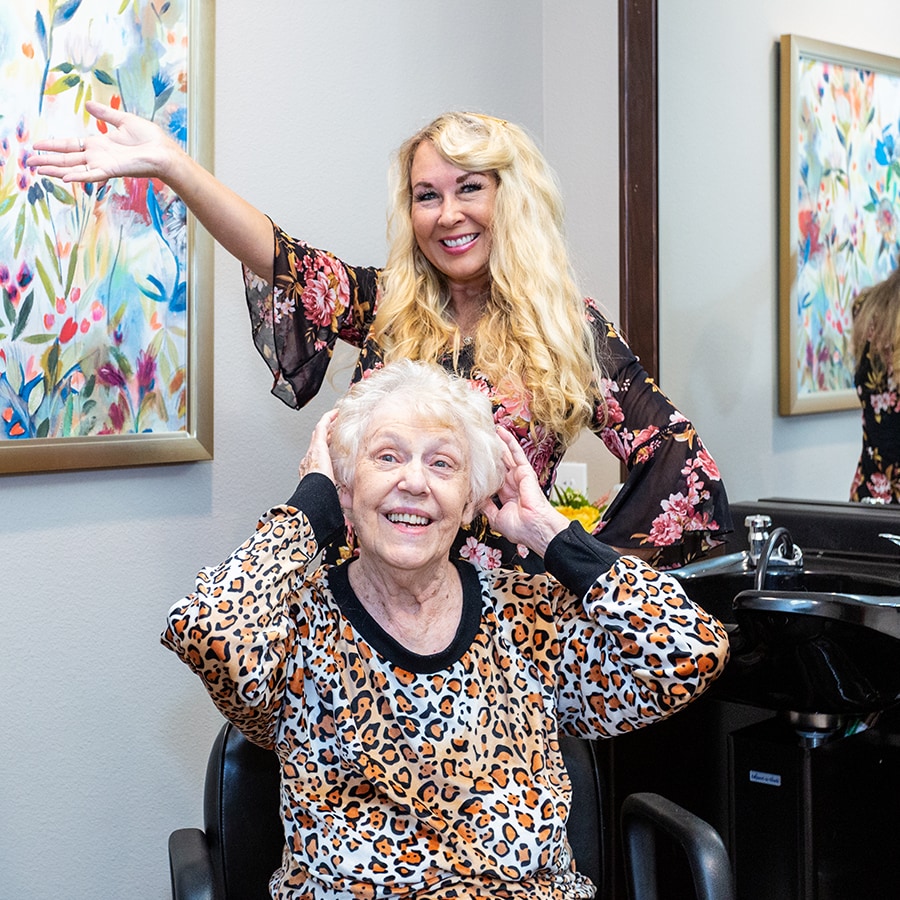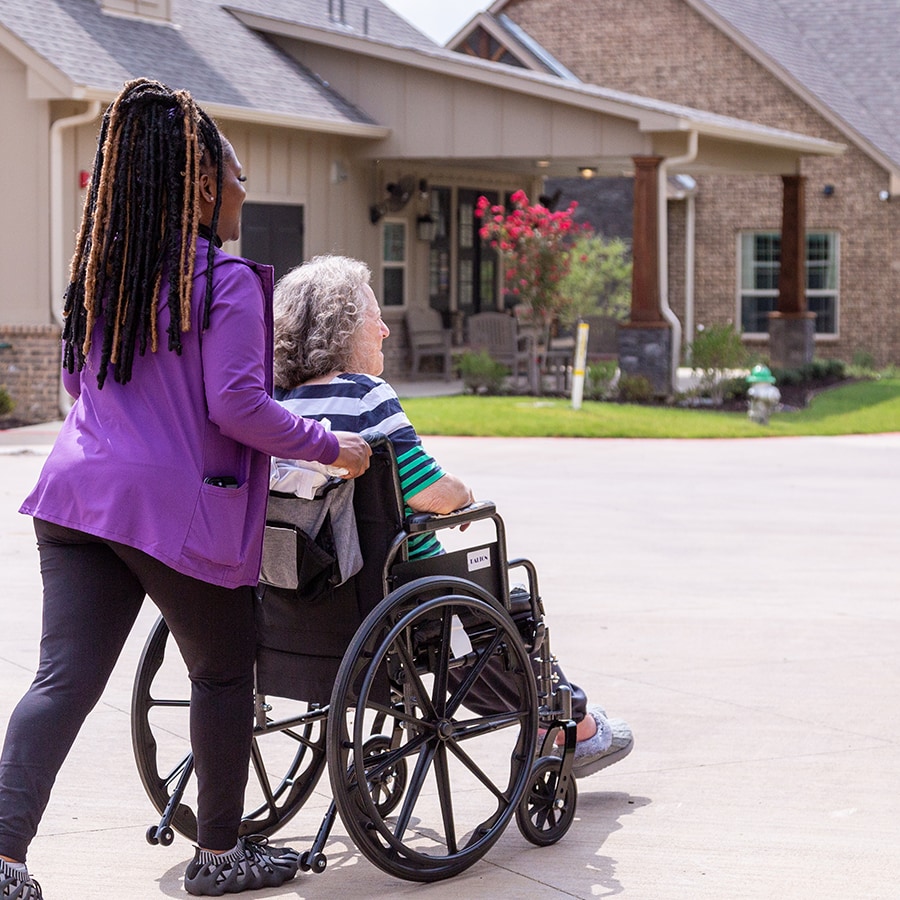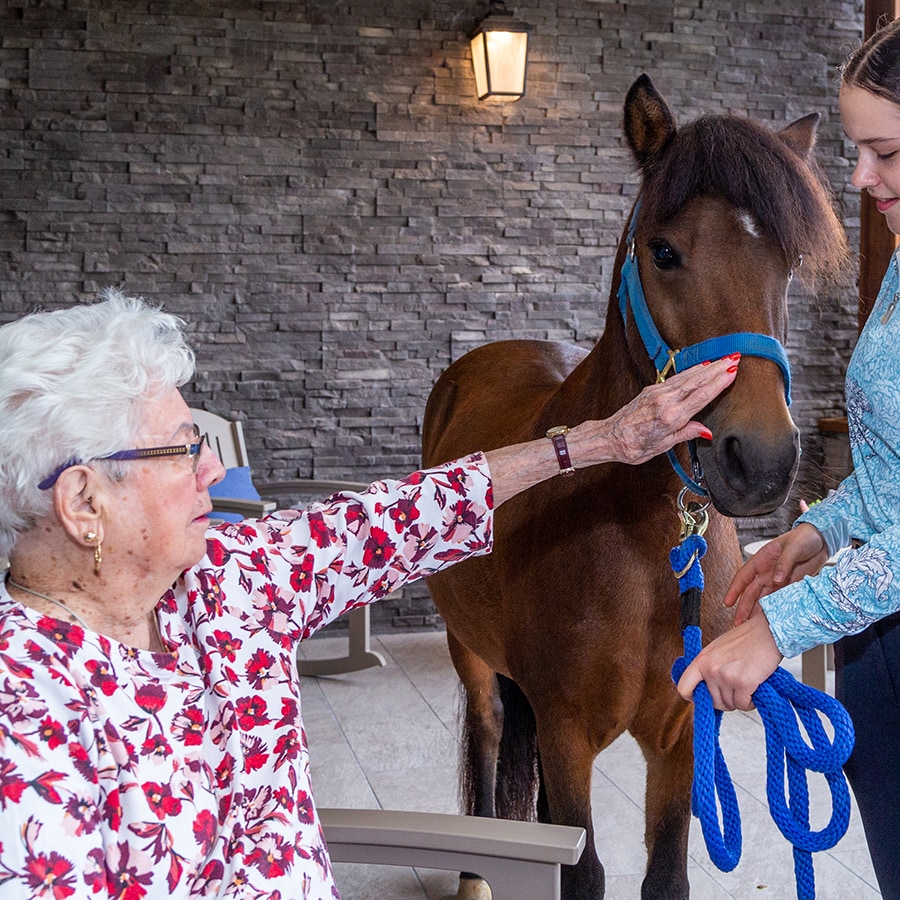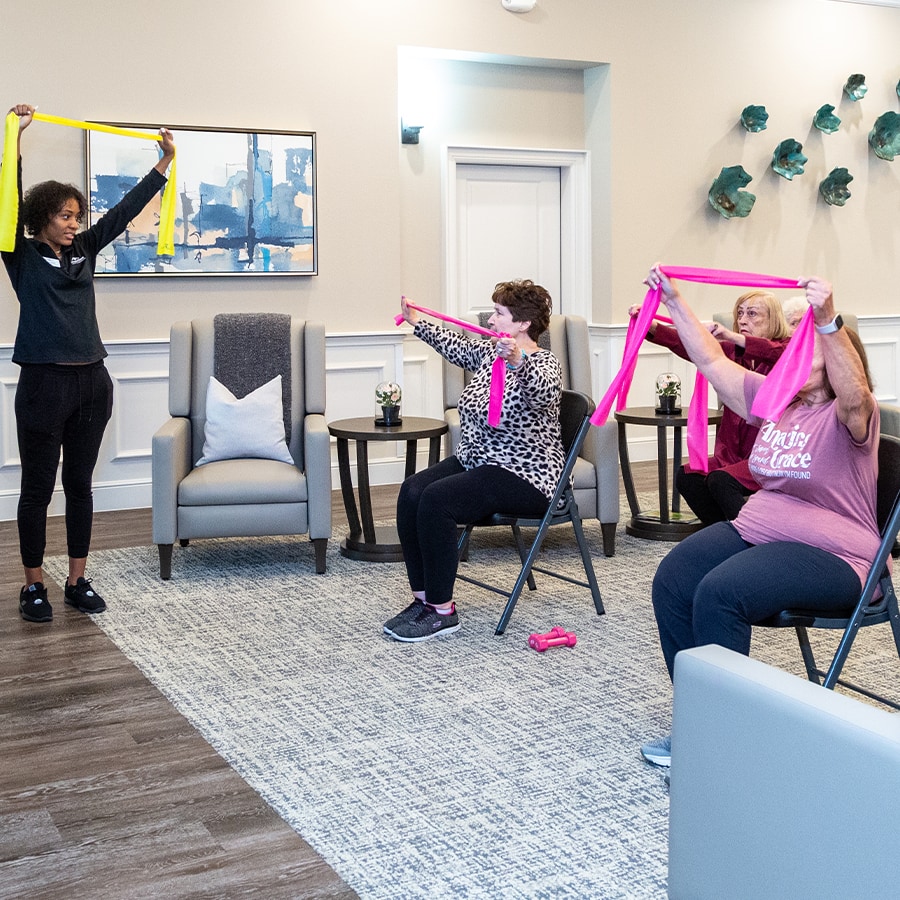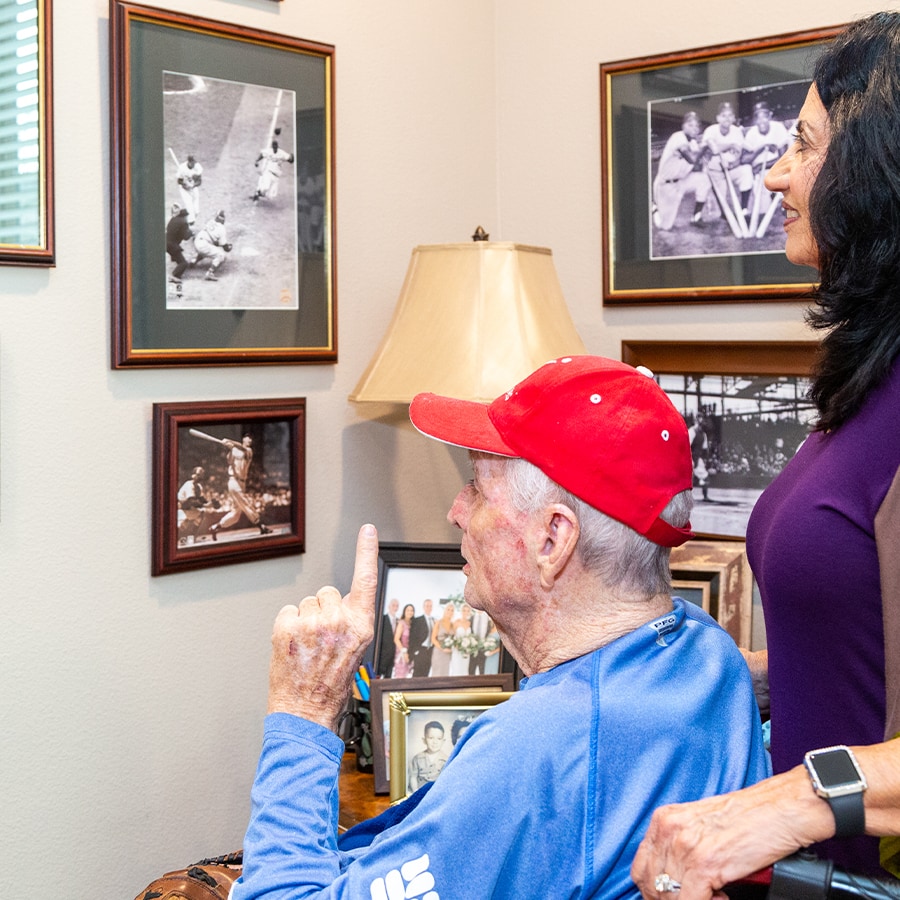What is Alzheimer’s disease?
Alzheimer’s disease is a neurodegenerative disease that causes increasing impairment of the functioning of the brain over time. We still have a lot to learn about the condition but treatment is ongoing. It can be devastating to the patient and their families.
According to the Alzheimer’s Association, Alzheimer’s disease accounts for 60 to 80 percent of dementia cases. Most people with the disease get a diagnosis after age 65. If it’s diagnosed before then, it’s generally referred to as early onset Alzheimer’s disease.
Everyone has episodes of forgetfulness from time to time. But people with Alzheimer’s disease display certain ongoing behaviors and symptoms that worsen over time. These can include:
Symptom #1: Memory
When we need to remember something it usually happens effortlessly to us. While we are likely to forget things over time, particularly less important events, we are generally quite good at remembering what we need to know. Memory loss can have adverse effects on daily life. This can include forgetting to take medication, forgetting important dates like anniversaries or not remembering names. A loss of memory is perhaps the most common symptom of the disease and worsens over time.
Symptom #2: Poor Judgement
Usually, most of us will have a sense of judgement that will help us to make a reasonable decision on the matter at hand.
This can become increasingly difficult for people with Alzheimer’s though. They might begin to struggle to make the right judgement call when it comes to what to wear, for example. Perhaps they have been making the wrong calls at work, and maybe they have been struggling to cope with financial matters.
Symptom #3: Finding Words
A common symptom of Alzheimer’s disease is the gradual inability to find words. This can even happen to highly intelligent people that usually have a particularly large vocabulary range. It can make it difficult for them to communicate, and this can be very frustrating for the patient.
Symptom #4: Difficulty Planning
It is important to make plans. It helps us to keep organized and can help us to achieve sometimes impressive feats. Without a plan, even simple things can be so much more difficult to accomplish. People with Alzheimer’s, though, might find it difficult to create a plan at all.
Making a plan requires the need to focus on and process certain details, and this can be incredibly difficult for people with Alzheimer’s disease. Not only can they find it difficult to make a plan, but they can also find it very difficult to stick to a plan. This can make life quite a lot harder for them and can lead to mistakes.
Symptom#5: Loss of Interest
The world is a fascinating place, with so much to keep us occupied mentally. Even when at home we will usually have plenty to keep us interested. Whether it is reading, watching movies or just spending time with family, there is often quite a lot to look forward to. We are also sociable creatures and spending time with friends is usually important to us.
People with Alzheimer’s disease, however, will often find that they have no interest in taking part even in activities they once loved. They will lose interest in their hobbies and even seeing friends and family will no longer appeal to them.
Symptom #6: Confusion
As we age, it’s true that many of us occasionally forget things now and then. However, people suffering from the early stages of Alzheimer’s disease become suddenly confused for no reason, forgetting momentarily where they are, what they are doing or even how they got there.
Symptom #7: Visual Changes
People with Alzheimer’s disease can begin to find that there are changes in how they see things. It can become difficult for them to distinguish one color from another, or maybe it is harder than before to judge how far away certain objects are. Even reading can become a difficulty to the patient.
Symptom #8: Simple Tasks Are Difficult
Much of what we do is done on a kind of biological autopilot. Once we learn a task, we can then often complete it time and time again without even having to think about it. This can include things like cooking, driving and simple tasks like washing the dishes. Patients with Alzheimer’s, however, can find that everything is increasingly difficult to achieve.
With even simple tasks becoming harder, people with Alzheimer’s can become increasingly dependent on other people. This can be extremely frustrating and even demeaning for them as they struggle to care for themselves. It can place a lot of pressure on the patient and the people around them.
Symptom #9: Repetition
A common symptom of Alzheimer’s disease is that the patient begins to repeat words or actions. They might ask the same question more than once in a discussion and not even be aware they have done so. They might also perform certain tasks such as washing, again without being aware that they have already done so.
Symptom#10: Mood or Personality Changes
Alzheimer’s isn’t just about forgetting memories or words — this disease can result in drastic personality changes. While our moods can fluctuate, most of us have a general type of mood overall. Some people might be known as particularly happy people, for example, but that does not mean to say they are necessarily happy all the time. Our moods are often affected by events and people around us, while it can also be affected by illnesses such as Alzheimer’s disease.
Key Takeaways
- Symptoms progress over time, affecting memory, communication, decision-making, and independence.
- Early signs often appear subtly, such as frequent forgetfulness or trouble finding words.
- Mood and behavior changes can be just as impactful as memory loss.
- While there is no cure, early diagnosis and support can help manage symptoms and improve quality of life.
- Families and caregivers play a crucial role and often need education, support, and resources to navigate this journey.
While the diagnosis of Alzheimer’s disease cannot be accomplished with 10 symptoms alone, we recommend contacting your doctor if you believe a loved one is experiencing one or more of these signs. If you have questions or would like recommendations on Alzheimer’s and dementia resources, please contact Teresa’s House at 972.747.8033
You may also find more information about dementia and Alzheimer’s disease at: www. https://alz.org
Disclaimer: The statements on this blog are intended to diagnose, treat, cure or prevent disease. The author does not in any way guarantee or warrant the accuracy, completeness, or usefulness of any message and will not be help responsible for the content of any message. Always consult your personal physician for specific medical advice.


